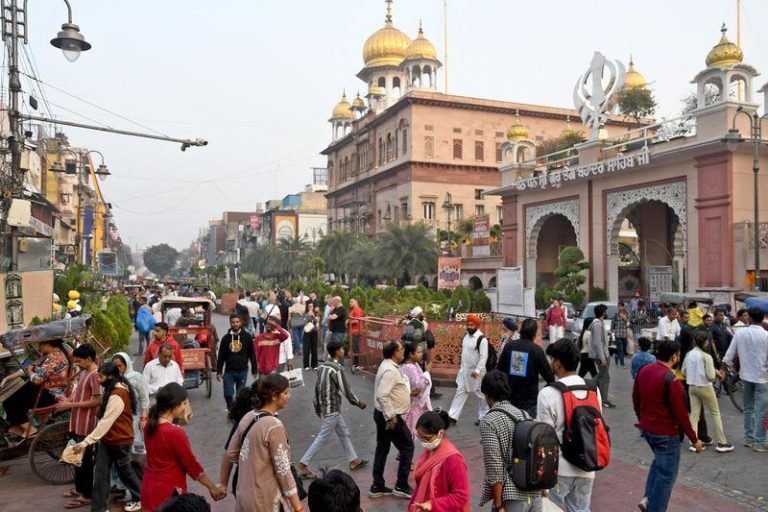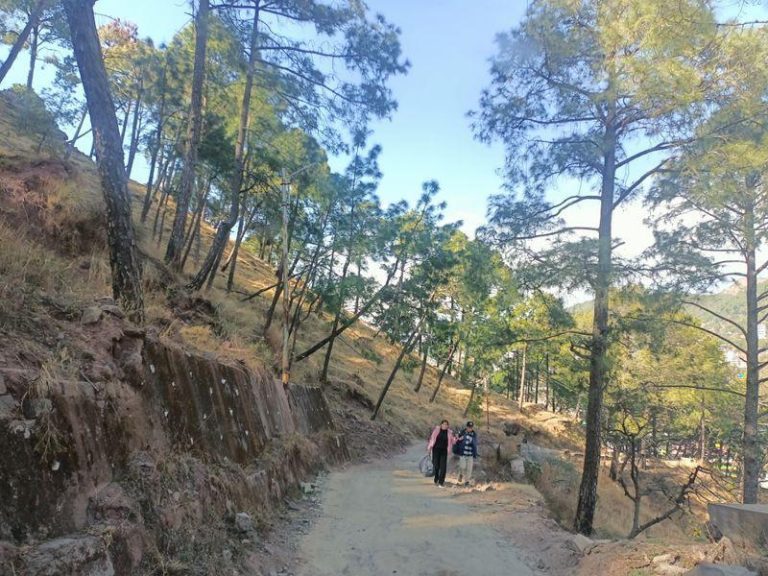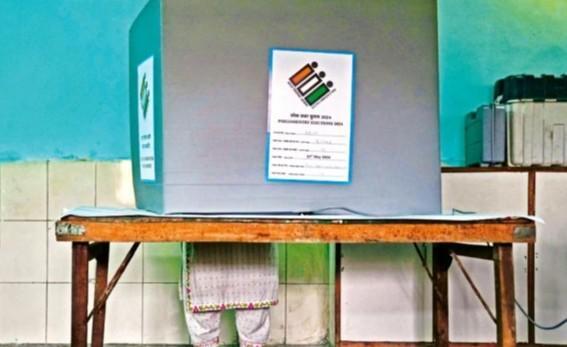
Israel Shares Map Showing J&K in Pakistan, Apologises Later
In a shocking incident, the Israel Defense Forces (IDF) shared a map that showed the Indian Union Territory (UT) of Jammu and Kashmir as a part of Pakistan. The map, which was shared on social media, sparked outrage and controversy, with many questioning the intentions behind the move. The incident has once again raised concerns about the diplomatic relations between India and Israel, and the implications of such actions on international relations.
The map, which was shared by the IDF on their official Twitter handle, showed Jammu and Kashmir as a part of Pakistan, along with other disputed territories. The map was accompanied by a caption that read “The Gaza Strip, West Bank, and Golan Heights are disputed territories”. The tweet was later deleted, but not before it went viral and sparked a heated debate on social media.
The incident was first highlighted by Congress leader Pawan Khera, who took to Twitter to express his outrage. “Another day, another feather in Vishwaguru’s cap. His ‘friend’ shows J&K as a part of Pakistan,” Khera tweeted, targeting Prime Minister Narendra Modi. Khera’s tweet was accompanied by a screenshot of the map shared by the IDF.
The IDF later issued an apology for the incident, saying that the map was an illustration and did not depict precise borders. “The map we shared is an illustration and does not depict precise borders. We apologize for any misunderstanding,” the IDF tweeted.
However, the apology came too late, as the damage had already been done. The incident has sparked widespread outrage and concern, with many questioning the intentions behind the move. The incident has also raised questions about the diplomatic relations between India and Israel, and the implications of such actions on international relations.
Diplomatic relations between India and Israel have been growing stronger over the years, with both countries sharing a strong bond. However, the incident has once again raised concerns about the complexities of international relations and the need for sensitivity and tact in diplomatic dealings.
The incident has also sparked a debate about the role of social media in international diplomacy. Social media has become an essential tool for governments and diplomatic missions to communicate with the public and convey their messages. However, the incident has shown that even with the best of intentions, social media can be a double-edged sword, capable of causing unintended harm and damage.
In conclusion, the incident highlights the importance of sensitivity and tact in diplomatic dealings. While the IDF’s apology was appreciated, the incident has once again raised concerns about the complexities of international relations and the need for governments and diplomatic missions to be mindful of the impact of their actions on international relations.






